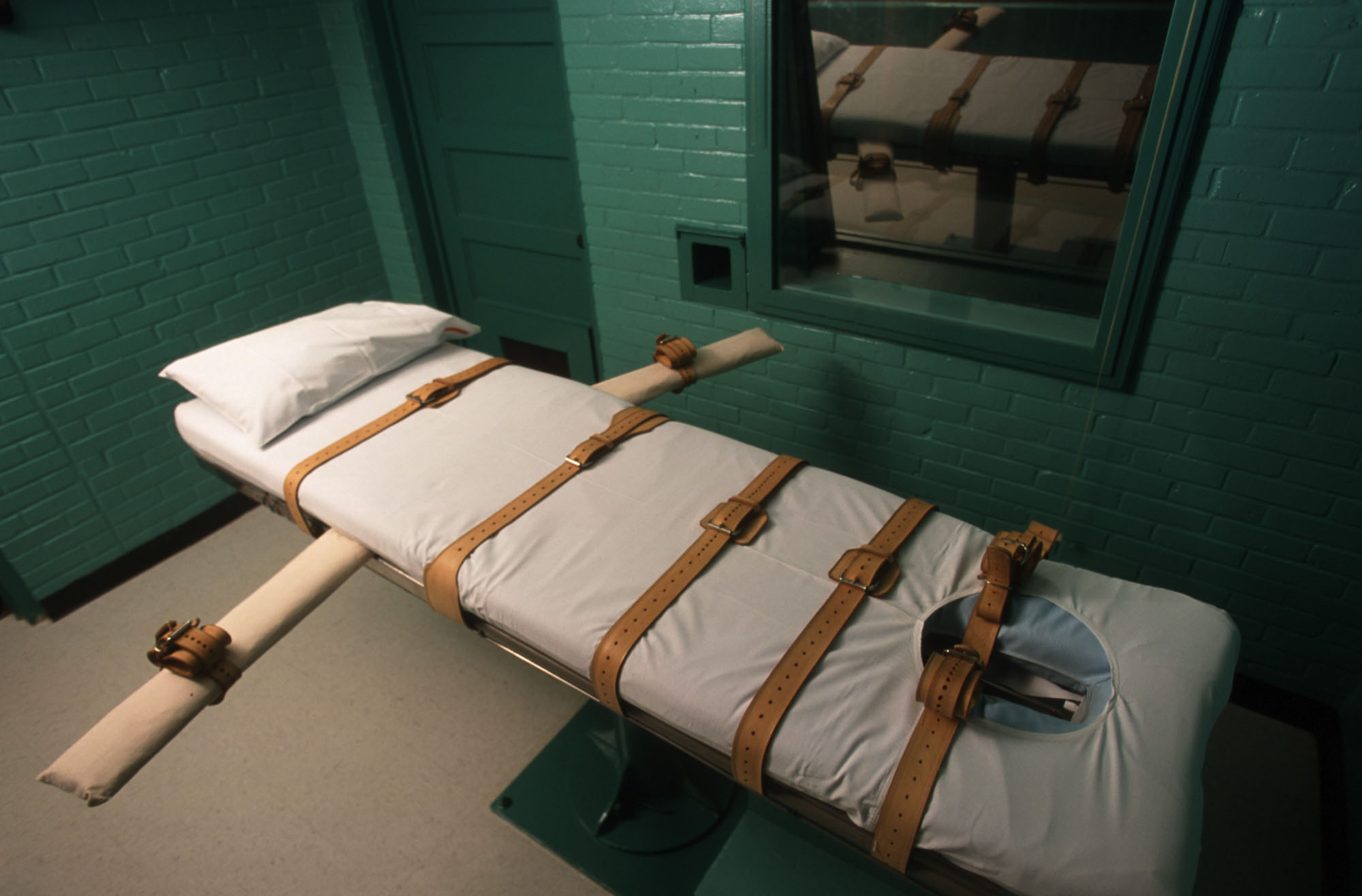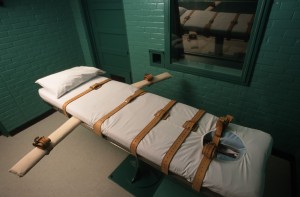 This blog post is brought to you by the number 10. It was after 10 pm last night when Georgia put Brandon Rhode to death, less than a week after rushing madly to save his life after his failed suicide attempt.
This blog post is brought to you by the number 10. It was after 10 pm last night when Georgia put Brandon Rhode to death, less than a week after rushing madly to save his life after his failed suicide attempt.
October 10th, 2010 (10-10-10) will be World Day Against the Death Penalty, and the focus this year is on the USA. There has never been a more important or better time to get involved in ending capital punishment in the USA, and here are 10 reasons why:
1) The death penalty is absurd and cruel. The ridiculous spectacle of putting a man to death just days after saving his life, is a perfect illustration of that.
2) The death penalty is degrading. It turns states into prescription drug abusers, killing prisoners with drugs like sodium thiopental that manufacturers are on record as stating should only be used to healing purposes.
3) High profile cases, often with racial undertones, create political pressures that can lead to police and prosecutor misconduct. Reggie Clemons was convicted as an accomplice in the murder of two white women in St. Louis. Four federal judges have agreed that the prosecutor’s conduct was “abusive and boorish,” and Clemons alleges police brutality during his questioning. Witnesses attest to Clemons’ face being swollen after his interrogation.
4) It is not limited to the “worst of the worst”. A recent example: the execution of Teresa Lewis in Virginia on September 23; she was put to death as the “mastermind” of a crime despite her 72 IQ, and despite the fact that the men who actually carried out the crime did not get the death penalty.
5) The death penalty is not limited to cases where there is no doubt about guilt. Convicted by flimsy witness testimony, and unable to exonerate himself with those same witnesses, Troy Davis remains on death row despite serious doubts about his guilt. His birthday is on October 9!
6) The times are changing. In Ohio, Governor Ted Strickland granted clemency in the case of Kevin Keith, despite his belief that Keith was probably guilty, because some doubt remained.
7) In Texas, a hearing on whether Cameron Todd Willingham was wrongfully executed will take place October 6-7. Skepticism about the application of the death penalty continues to build in the Lone Star State.
8) Death sentences continue to drop. Last year barely over 100 were sentenced to death , compared to an average of close to 300 in the 1990s.
9) One-by-one, states are abandoning capital punishment, particularly in odd numbered years. (New Jersey in 2007, New Mexico in 2009). In the coming year (2011), many more states will have serious debates and possibly votes on abolition
10) There is so much that can be done for World Day Against the Death Penalty, from taking action on specific cases, to joining your local state-based coalition’s efforts to abolish the death penalty.
The death penalty abolition movement is growing, and some progress is being made, but there is a lot of work yet to be done. This World Day is the perfect time to get started.




